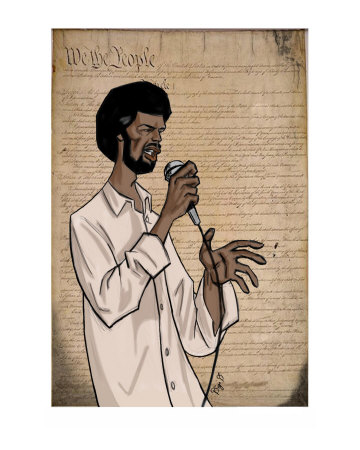Why is it that literary people love words, what madness is it that drives us to read painfully difficult books, to stay up late, and write with all our mite—essay’s and revelations about words.
It’s as if words are playthings, sweets and spirits for the brain, odd little trinkets that recollect other odd trinkets, and if one doesn’t understand the fruits immediately of these trinkets—why there is a clever thing called a dictionary.
What I intend to do for this blog—for I can already tell that my brain—(the part that stores words) has run amuck—is to put into context some of Ong’s meditations of language, some of Plato’s thoughts on language, and yes—some of my thoughts on language. I will start with the latter. Literary people, like all people seek to control society, and the thoughts of other human beings. No offence to anyone, we are all secretive control freaks. To clarify this assumption a tidbit more, let us think of a few examples of where literature has a profound influence in life.
When we are young our brains are like a sponge; they have the ability to soak up vast amounts information, which produces a developing world view. To help direct were I am going with these examples I will paraphrase Ong’s text. Ong, on Pg 11 distinguishes between “Primary Orality” and “Secondary Orality”. “Primary Orality” is a culture that is without the technology of a written language system; because orality does not cease to exist with a written system he deems the latter as “Secondary Orality”. We are of course a culture of “Secondary Orality”. But think back though to when—you the reader were a child. You learnt language first by memory of objects and places; you did not learn the basics of this communicable language through the rules of grammar and spelling. We know for a fact that language does exist outside a literary realm. Why then do people obsess over books; sometimes in an erotic way—I won’t mention names. Literature is a collection of knowledge that enhances one’s ability to learn, but also enhances one’s ability to control knowledge. Ever since grade school, most of us in a culture of “Secondary Orality”, made the leap from spoken word, to written word, and what this leap, it has meant that we no longer associate words with merely just objects, we know associate words with written structure.
Structure is the essence of control. Since grade school most of us in Eng 337 have been indoctrinated with an American education that consists of words that are directed by contemporary trends. You here about these debates all the time on television—(another subject I have not begun to scratch the surface of)—about how student’s awful English teachers are trying to get their students to read inappropriate books. What are the parents afraid of, they are just word’s right—yet they are not just words—they are ideas, they are political and they have the ability to clarify, or reinterpret peoples opinions on matters that can potentially cause dissent and unrest intellectually or physically . Words are weapons, but they are also tools of order, disorder and chaos. Words are everything imaginable—especially when they adhere to language structure.
P.S on Blog: This blog will be serialized I am far from being done with this topic.
Wednesday, January 21, 2009
Subscribe to:
Post Comments (Atom)

No comments:
Post a Comment